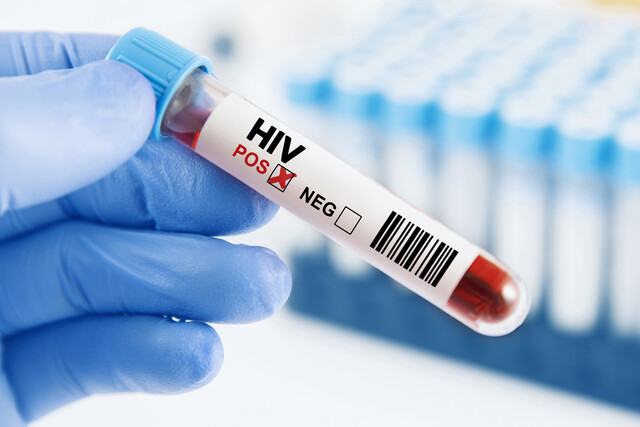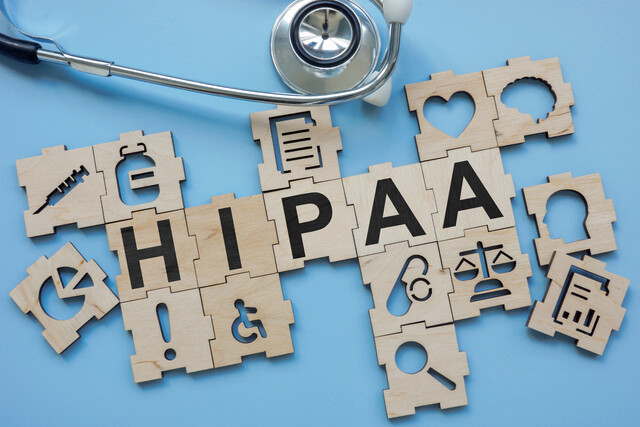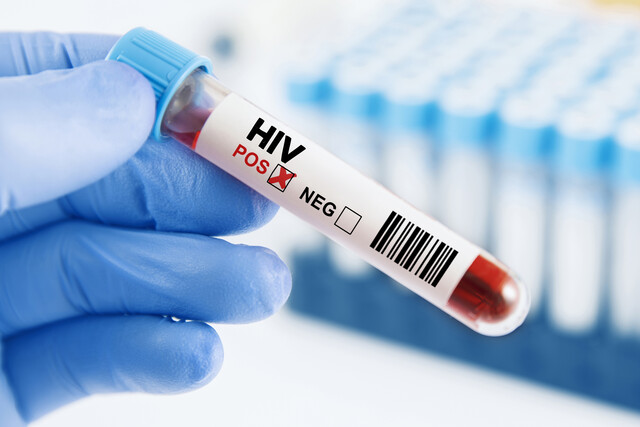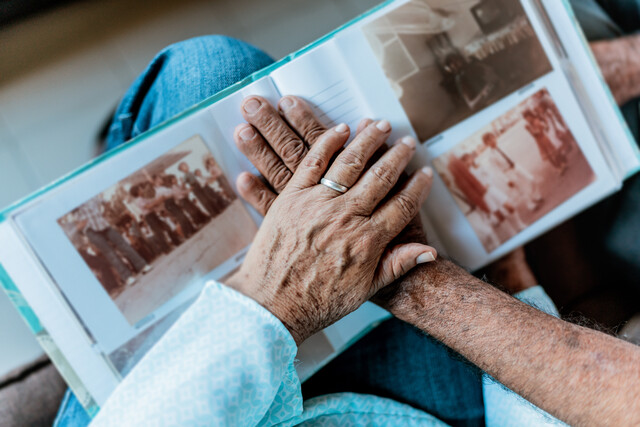Caring for Patients with HIV/AIDS
Empowering Compassionate HIV/AIDS Caregivers

Unlock the secrets of truly compassionate caregiving with our transformative course, "Compassionate Care for HIV/AIDS Patients." Imagine the impact of transforming fear and uncertainty into knowledge and empathy, where each lesson guides you through the art of providing holistic support. This isn't just a course; it's your gateway to becoming a beacon of hope and strength for those enduring the complexities of HIV/AIDS. You'll gain unparalleled insights into the emotional and practical facets of caregiving, equipping you to change lives--including your own. Join us and be empowered, confident, and prepared to deliver care that makes a genuine difference. This journey is not just educational; it's essential. Are you ready to embark on this path of purpose and compassion? Enroll now!
5 Hours average completion time
0.5 CEUs
11 Lessons
24 Exams & Assignments
12 Reference Files
Mobile Friendly
Last Updated January 2024
This comprehensive course, "Compassionate Care for HIV/AIDS Patients," is a vital resource for anyone looking to provide effective and empathetic care to individuals living with HIV/AIDS. While it is true that there is currently no cure for HIV/AIDS, understanding the condition deeply and knowing the right caregiving techniques can significantly enhance the quality of life for those affected. This course is meticulously designed to equip caregivers, be they family members or professionals, with the essential knowledge and skills needed to provide holistic care.
Course Structure and Content:
Lesson 1: Understanding HIV and AIDS This foundational lesson provides a thorough introduction to HIV and AIDS, covering how the virus is contracted, the progression of the disease, and common symptoms. Updated statistics from sources like the World Health Organization and the Centers for Disease Control and Prevention will be presented to give an accurate picture of the current global and local landscapes of HIV/AIDS.
Lesson 2: Emotional Experience and Coping for the Patient Here, we delve into the psychological impact of living with HIV/AIDS. The lesson will explore coping strategies, mental health concerns, and the importance of emotional support, drawing on contemporary psychological studies and patient testimonies.
Lesson 3: HIV and AIDS Care in the Home Focusing on home care, this lesson addresses the practical aspects of caring for someone with HIV/AIDS. It includes guidance on creating a comfortable home environment and adapting to the daily needs of the patient.
Lesson 4: Preparation for Caregivers and Patients Preparation is key in caregiving. This lesson offers advice on collaborating with healthcare professionals, organizing medical information, and preparing for the caregiving journey, both emotionally and practically.
Lesson 5: Basics of Giving Care Covering the fundamentals of caregiving, this lesson provides practical tips on assisting with daily activities, medication management, and maintaining the patient's independence as much as possible.
Lesson 6: Nutrition and HIV Nutrition plays a crucial role in the health of HIV/AIDS patients. This lesson will cover dietary needs, managing appetite loss, and preventing weight loss, with input from nutritional experts specializing in HIV/AIDS.
Lesson 7: Guarding Against Infections Protecting both the patient and the caregiver from infections is vital. This lesson teaches infection control practices, including hygiene and safe physical interactions.
Lesson 8: Tools to Protect Yourself Focusing on the caregiver's safety, this lesson provides insights into personal protective equipment, understanding potential risks, and maintaining a healthy environment for both the patient and the caregiver.
Lesson 9: Understanding Pain in HIV and AIDS Patients Pain management is a critical aspect of care. This lesson explores the types of pain associated with HIV/AIDS and effective pain management strategies.
Lesson 10: Progression of AIDS and Finding Support As the disease progresses, care needs intensify. This lesson offers guidance on managing advanced symptoms, accessing palliative care, and finding emotional and practical support for both the patient and the caregiver.
Lesson 11: Coping and Final Arrangements The final lesson addresses the emotional aspects of coping with the advanced stages of AIDS, including preparing for end-of-life care and making final arrangements.
Why Enroll in This Course?
-
Comprehensive and Updated Information: The course content is regularly updated with the latest data and research findings, ensuring that you are learning the most current and relevant information.
-
Practical Guidance: Beyond theoretical knowledge, this course emphasizes practical skills and real-world applications, preparing you for the day-to-day realities of caring for someone with HIV/AIDS.
-
Emotional Support and Coping Strategies: Recognizing the emotional toll of caregiving, the course offers strategies for managing stress, finding support, and maintaining the mental health of both the caregiver and the patient.
-
Flexibility and Accessibility: Designed for busy individuals, the course offers flexible learning options, allowing you to learn at your own pace and in your own space.
Conclusion:
This is an essential course for anyone involved in the care of individuals living with HIV/AIDS. Whether you are a family member, friend, or professional caregiver, this course will provide you with the knowledge, skills, and support needed to make a positive difference in the lives of those affected by HIV/AIDS. Join us to become an informed, compassionate, and effective caregiver in this challenging yet rewarding field.
- Grief support for caregivers and families
- Home-based care management techniques
- End-of-life care preparation
- Nutritional planning for HIV patients
- Effective communication with professionals
- Pain assessment and management strategies
- HIV/AIDS knowledge and caregiving skills
- Emotional support and coping strategies
- Infection control and protective practices
- Understanding disease progression in patients
Choose from plans starting at just $16/month (billed annually)
See Your Team Succeed
Empower your team instantly with an integrative group enrollment system. Purchase licenses in bulk with Group Discounts.





















